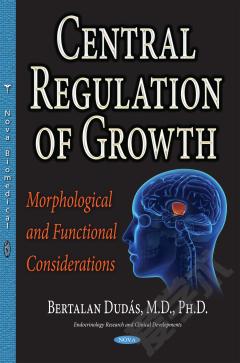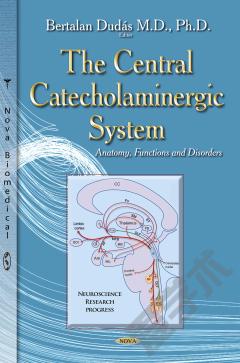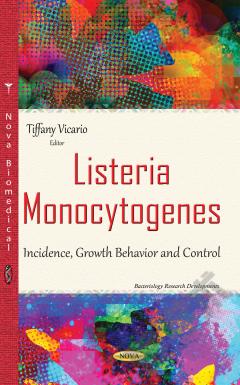Central Regulation of Growth: Morphological and Functional Considerations
Somatic growth is a crucial component in the development of an organism. Growth is manifested in many levels during an organism’s lifespan; rapid intrauterine growth is followed by extrauterine development that subsides with age. The control of growth is exerted via particularly complex and multifaceted mechanisms that affect every cell of the body, regulating the balance between the anabolic and catabolic processes, and it is intimately entwined with almost every physiological function. The central component of this regulatory system is the hypothalamo-hypophyseal axis that controls not only all of the endocrine organs of the body, but also regulates the growth of every cell via growth hormone (GH) release.It would certainly exceed the scope of the present book to summarize the growth-related complex peripheral actions of the various hormonal systems of the hypothalamo-hypophyseal axis. GH secretion is modulated primarily by the somatotropic axis, which is one of the functional components of the hypothalamo-hypophyseal axis and integrates the stimulatory and inhibitory actions of growth hormone-releasing hormone (GHRH) and somatostatin upon GH release, respectively. Therefore, in the present volume we attempt to give an overview of the regulatory components of a somatotropic axis with a special emphasis on the regulatory input provided by hypothalamic hormonal and neurotransmitter/neuromodulator systems. Since it is particularly complicated to extrapolate animal data to human physiology, the authors focus on human results while animal studies are detailed only if they provide a better understanding to how growth is regulated in humans. This process has proven to be difficult due to the scarcity of human studies in this field.
{{comment.content}}








 京公网安备 11010802027623号
京公网安备 11010802027623号